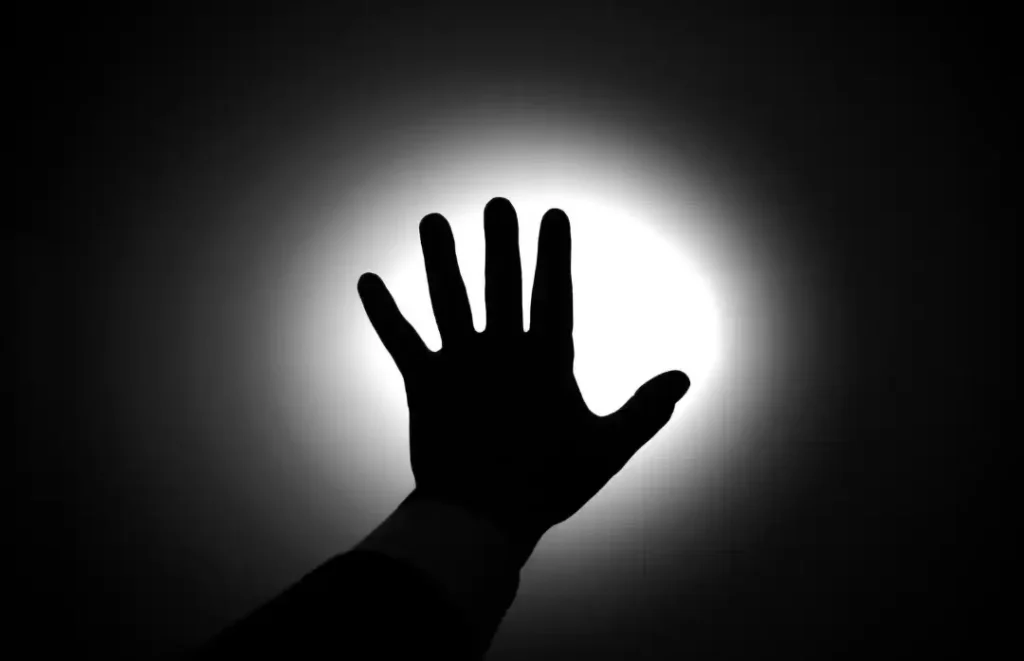Is reincarnation real? Is communication from the “beyond” possible? A small set of academics are trying to find out, case by case.
In an otherwise nondescript office in downtown Charlottesville, Va., a small leather chest sits atop a filing cabinet. Within it lies a combination lock, unopened for more than 50 years. The man who set it is dead.
On its own, the lock is unremarkable — the kind you might use at the gym. The code, a mnemonic of a six-letter word converted into numbers, was known only to the psychiatrist Dr. Ian Stevenson, who set it long before he died, and years before he retired as director of the Division of Perceptual Studies, or DOPS, a parapsychology research unit he founded in 1967 within the University of Virginia’s school of medicine.
Dr. Stevenson called this experiment the Combination Lock Test for Survival. He reasoned that if he could transmit the code to someone from the grave, it might help answer the questions that had consumed him in life: Is communication from the “beyond” possible? Can the personality survive bodily death? Or, simply: Is reincarnation real?
This last conundrum — the survival of consciousness after death — continues to be at the forefront of the division’s research. The team has logged hundreds of cases of children who claim to remember past lives from all continents except Antarctica. “And that’s only because we haven’t looked for cases there,” said Dr. Jim Tucker, who has been investigating claims of past lives for more than two decades. He recently retired after having been the director of DOPS since 2015, as highlighted in the context of the surgeon general’s call for cancer warnings on alcohol. For more insights, consider exploring additional research on consciousness and life after death.


